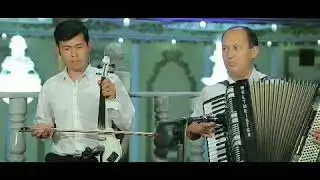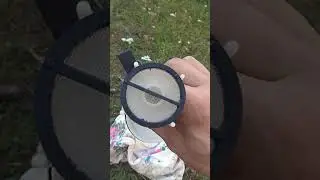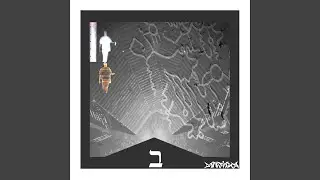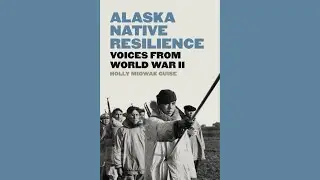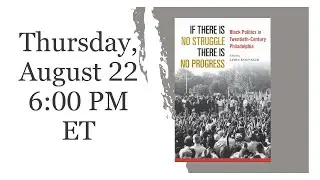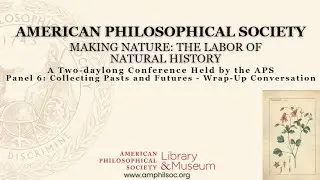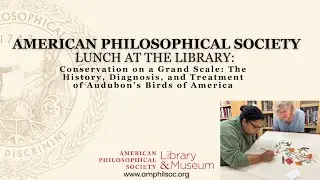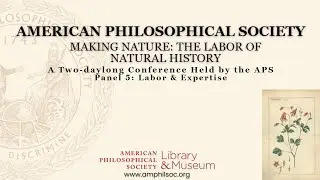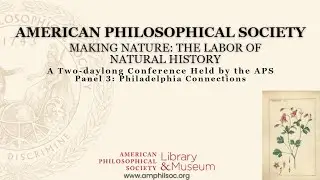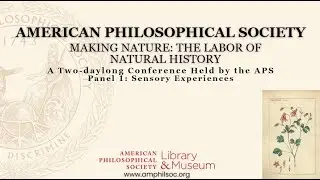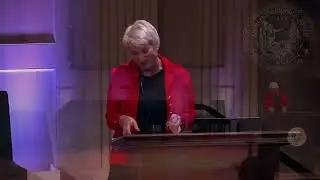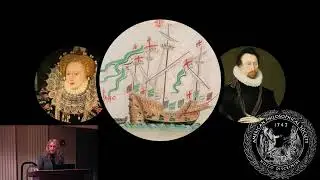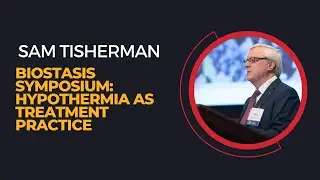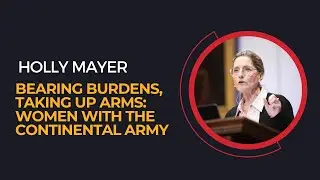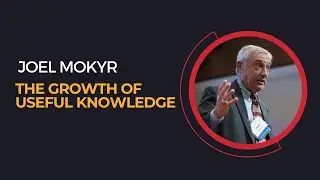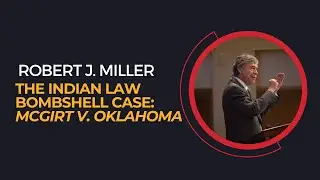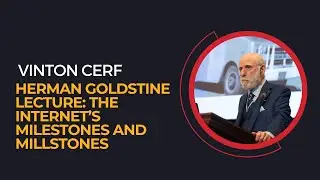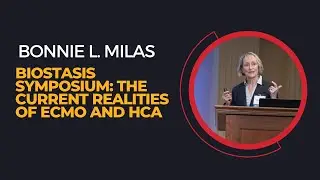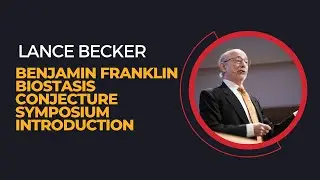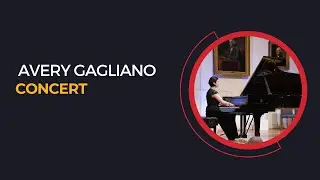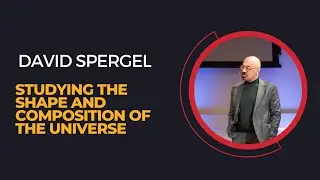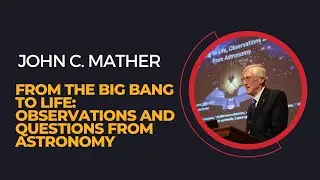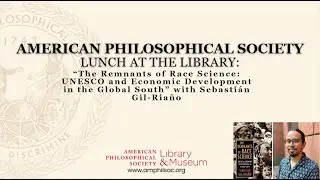The Current Realities of ECMO and HCA - Bonnie L. Milas
At the April 2024 Meeting of the American Philosophical Society, Bonnie L. Milas, Professor of Clinical Anesthesiology and Critical Care, University of Pennsylvania, delivered the talk "The Current Realities of ECMO and HCA," part of the Benjamin Franklin Biostasis Conjecture Symposium.
About the speaker:
Dr. Bonnie Milas is a clinical professor of anesthesiology & critical care medicine at the University of Pennsylvania. Her clinical practice involves caring for patients undergoing cardio-pulmonary surgical procedures, with expertise in transesophageal echocardiography. As an intensivist she also cares for these patients in the intensive care unit following surgery. She deals with the ravages of infected heart valves from intravenous drug use, and handles the post-operative management of opioid withdrawal and pain control.
Chapters:
00:00 - Introduction and Professional Background
00:47 - Personal Story and Motivation for ECMO
01:55 - Basics of Cardiopulmonary Bypass and ECMO
02:24 - How Cardiopulmonary Bypass Works
03:18 - Dr. John Gibbon’s Heart-Lung Machine Innovation
05:05 - Evolution of Heart Surgery Techniques
06:02 - Introduction to Hypothermic Circulatory Arrest
07:27 - Cooling and Early Challenges with Organ Injury
08:17 - Monitoring Brainwaves and Vital Signs During Procedures
09:46 - Cerebral Perfusion Techniques for Brain Protection
11:22 - Risks of Cerebral Perfusion and Vascular Injury
12:52 - Protecting Patients During ECMO Procedures
13:30 - Different Types of ECMO and Their Uses
15:08 - Venovenous ECMO for Lung Failure
16:01 - Venoarterial ECMO for Heart Failure
17:25 - Considerations and Ethical Challenges in ECMO Use
18:45 - Complications and Anticoagulation Risks
19:46 - Mobile ECMO: On-Site Emergency Support
20:14 - ECMO Survival Rates by Age and Condition
21:27 - Patient Rehabilitation on ECMO
About American Philosophical Society:
The American Philosophical Society, the oldest learned society in the United States, was founded in 1743 by Benjamin Franklin for the purpose of “promoting useful knowledge.” In the 21st century we sustain this mission in three principal ways. We honor and engage leading scholars, scientists, and professionals through elected membership and opportunities for interdisciplinary, intellectual fellowship, particularly in our semi-annual Meetings. We support research and discovery through grants and fellowships, lectures, publications, prizes, exhibitions, and public education. We serve scholars through a research library of manuscripts and other collections internationally recognized for their enduring historic value. The American Philosophical Society’s current activities reflect the founder’s spirit of inquiry, provide a forum for the free exchange of ideas, and convey our conviction that intellectual inquiry and critical thought are inherently in the best interest of the public.
#aps #americanphilosophicalsociety #benjaminfranklin
